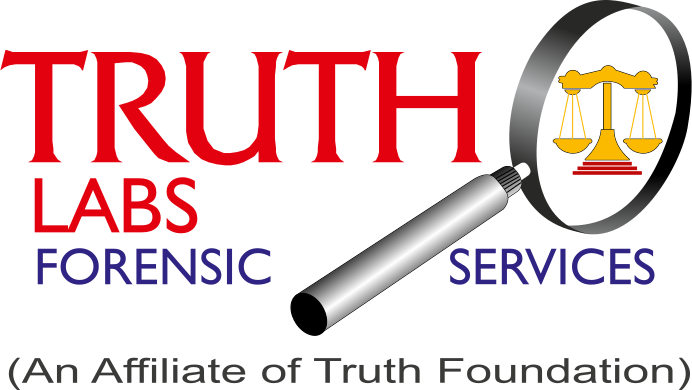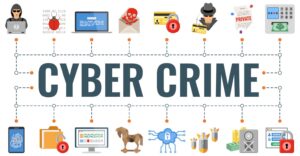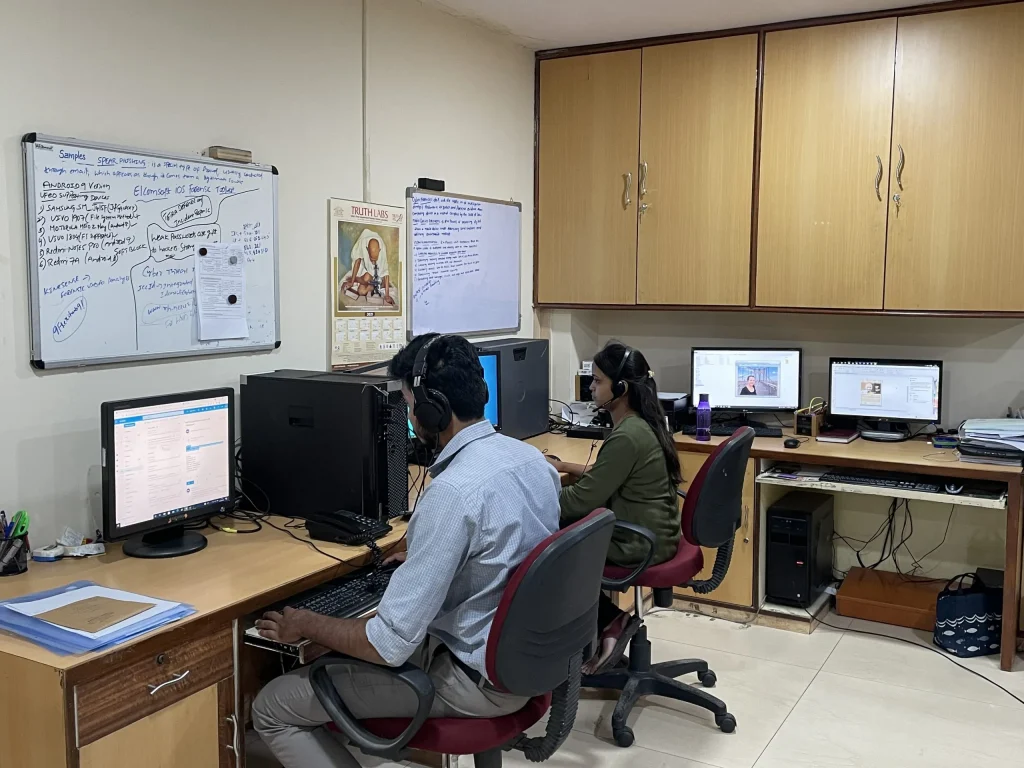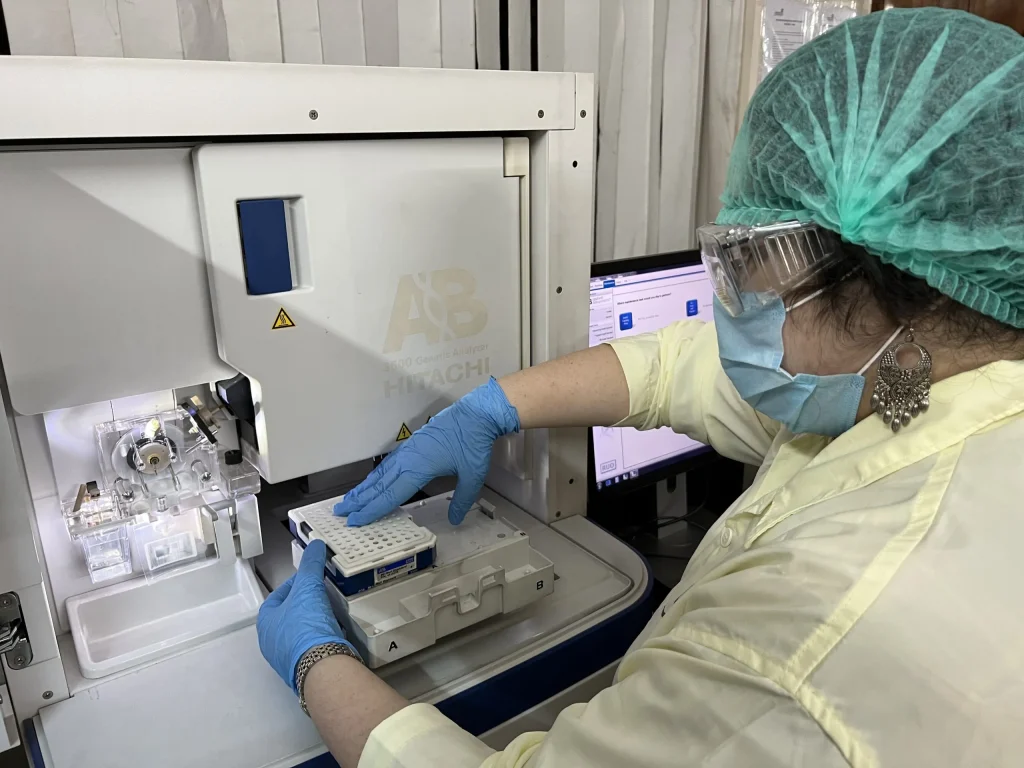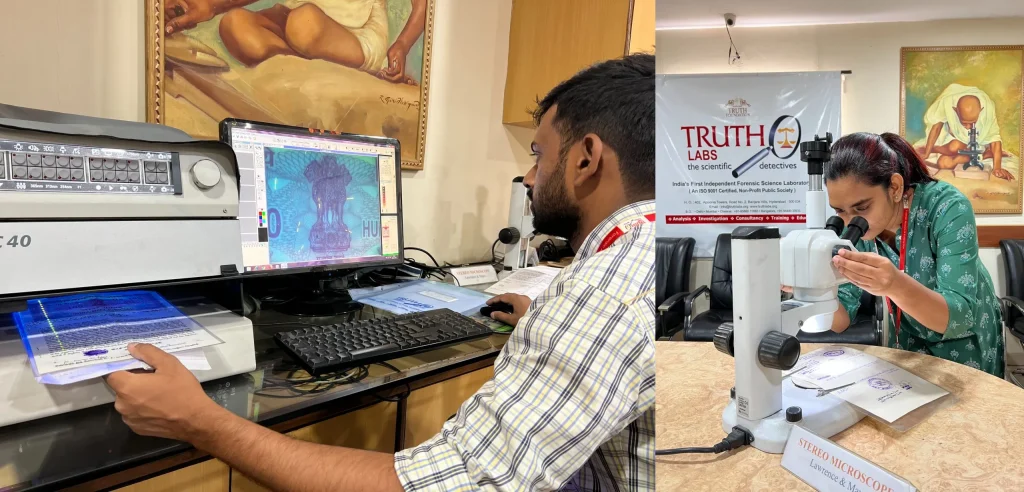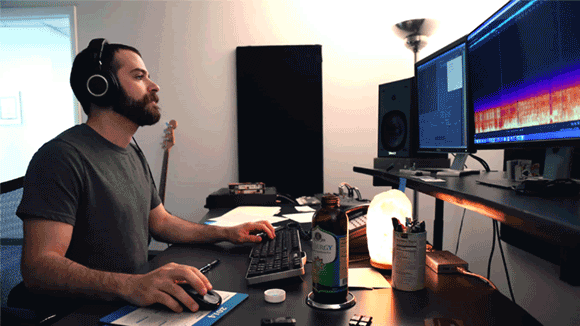Forensic Linguistics (FL)

Forensic linguistics (FL) is a process of identifying wrong doers by applying scientifically accepted principles of language analysis to legal evidence such as e-mails, text messages, contracts, letters, confessions, and recorded speech.
Forensic linguistics includes the study of:
- Auditory phonetics: Speaker identification by victims and witnesses; voice identification; identification of social or regional accent or dialect; listener perception of speaker age and telephone speaker recognition.
- Acoustic phonetics: Speaker identification by phonetic analysis, voice quality, phonological variation, speaking speed; effects of intoxication on speech; phonetic manifestations of speaker’s affective state, e.g., stress; disambiguating speech from background sounds; enhancement of audio records of disputed utterances.
- Semantics: Interpretation of words, phrases, and sentences; interpretation of texts (contracts, insurance policies, communications, restraining orders, statutes, contracts, legal texts); ambiguity in texts and laws; interpretation of spoken discourse in reading of rights (warnings and police cautions) and in police interviews and interpretations of jury instructions.
- Discourse and Pragmatics: Discourse of specific contexts; the language of the courtroom; the language of specific speech acts (threat, promising, warning, offer and acceptance, defamation, denial, perjury, sexual harassment, sexual assault.
- Stylistics and Questioned Authorship: authors identification; possible suspected authors; descriptive methods of authorship identification; dialect evidenced in written language; questioned time and occasion of writing; stylometry and statistical methods in questioned authorship (forensic and literary); corpus linguistics in forensic analysis and computer programs related to questioned authorship.
- The language of the Law: clarity and brevity in the law.
- The language of the Courtroom: Language of witnesses; the language of lawyers; the language of judges.
- Interpretation and Translation: Pre-trial interpreting; courtroom interpretation; interpretation with cultural and dialect differences; questioning in interpreted testimony; Courtroom role of the interpreter.
- Document Examination and Plagiarism Detection, and Handwriting and signature identification and discrimination etc.
Forensic Linguistics broadly covers various scientific procedure in investigation, trail, and other jurisdictional process by applying linguistics to investigate the truth and deliver justice based on a fundamental principle that language can hide the truth, which can be unraveled. In essence, language can be evidence of truth. Therefore, the truth potential of language can be used for investigation, deliver justice and rule of law.
Truth Labs applied forensic linguistics knowledge and techniques for investigation of cases of homicide, cheating, fraud, threatening, and economic crimes referred by the Police, Government, Public and Private Sector organizations.
